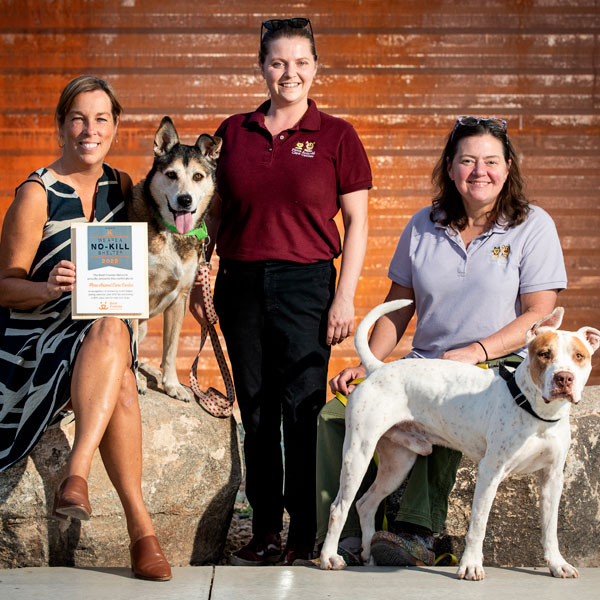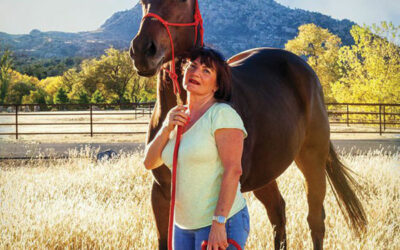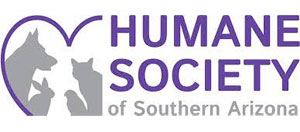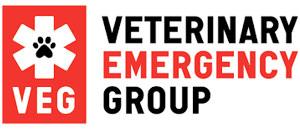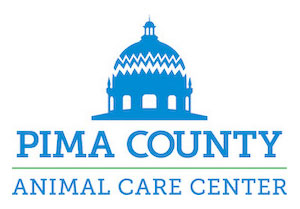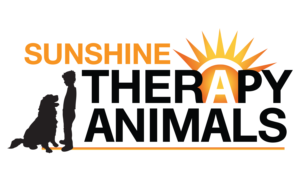Best Friends calculated PACC’s live release rate through a new platform called Shelter Pet Data Alliance, which is designed to give shelter professionals insight into local and national trends and compare shelter data. PACC achieved the highest life-saving rate compared to 18 shelters and rescues across the United States that are:
Government-run or have a municipal contract
Take in at least 10,000 pets annually
Are in a high-density urban environment with a high social vulnerability index.
Shelters across the country are currently in crisis, with more pets coming into shelters than leaving for loving homes. The data shows that PACC was second to only one comparable shelter in terms of the number of animals coming into the shelter per 1,000 people.
The Best Friends data also pointed to PACC’s 64% adoption rate, which is far higher than the 39% rate for comparable shelters. We credit those numbers in part to the investment the shelter has made through a large private request to increase staffing focused on adoptions, foster, and return-to-home efforts. Of course, this success is also in huge part thanks to the support of our community, who steps up time and time again for pets in need by adopting, fostering, and supporting PACC’s nonprofit partner, Friends of PACC.
We also believe that PACC’s approach to in-shelter euthanasia contributes heavily to our life-saving rate. While many shelters routinely euthanize animals for space, PACC prioritizes community transparency and first gives the public and the rescue community an opportunity to adopt or foster.
PACC’s greatest opportunities lie in transferring animals to outside organizations. In 2022, just 6% of PACC’s pets were transferred to an outside shelter or rescue, compared with a nationwide average of 17%. PACC has seen a significant decrease in rescue partners willing to accept pets in recent years.
One question we get often that’s worth addressing here is, “What does ‘no-kill’ mean, and is PACC a ‘no-kill shelter?” It’s standard in the shelter world to consider the “no-kill” benchmark to be a 90% live release rate, meaning that a shelter saves 90% of animals that come through the doors. While PACC has consistently reached that benchmark and been recognized by Best Friends and other organizations as a “no-kill” shelter for years, we typically use the word “life-saving.” As an open-admissions shelter, PACC takes in all animals regardless of medical or behavioral needs, while limited-admissions shelters can refuse those pets that are “less adoptable” (based on age, behavior, breed, health, size, etc). PACC’s role as municipal life-saving shelter requires the organization to provide a safe and healthy community for all people and animals. We are beyond grateful that we are able to both fulfill our duty to public health and safety and find homes for so many deserving pets each year.
We are in need of fosters and adopters, especially for medium-to-large dogs, to help continue these positive trends. Those interested in fostering or adopting a pet may come to PACC’s facility at 4000 N Silverbell Road during operating hours. PACC is open on Mondays, Tuesdays, Thursdays, and Fridays from noon to 7 p.m., on Wednesdays from 1:30 p.m. to 7 p.m., and weekends from 10 a.m. to 5 p.m. All adopted pets come up to date on vaccinations, microchipped, and spayed/neutered.
To see available pets and services, visit pima.gov/animalcare. To donate to help keep more pets with their families across Pima County, please visit https://www.friendsofpacc.org/


